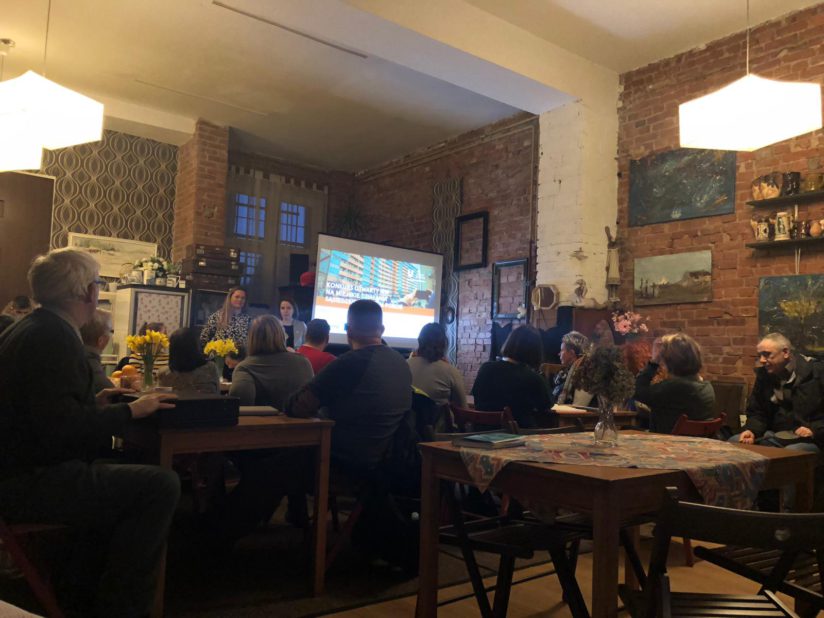 Tools and methods
Tools and methods
- Cultural planning phase Designing
- Purpose Participation, generating ideas, project development
- Participants: Residents, activists, adults, youth
- Number of participants: 4–30
- Author
UCP team (Dorota Kamrowska-Załuska) Agnieszka Kaim, Bob Erble
Tools and methods
Design thinking workshops
When it is useful
The technique of working with design thinking has been very popular in recent years both in commercial ventures, the activities of NGOs and social projects. Its success results from a focus on understanding needs, cooperation that combines different perspectives, and experimenting, testing different solutions. The design thinking process is based on the following stages: empathising, defining problems, generating ideas, creating prototypes and testing them. At each stage, it assumes that if the developed effects do not work in practice, it is possible to return to the previous one and correct errors or generate completely new solutions. Design thinking offers various tools that can be used at different stages of the work. In the cultural planning process, we used them to work together with the residents of one neighbourhood to develop ideas for local activities.

Step by step instruction
- Invite people to a neighbourhood meeting. Choose a place, where several groups can work at the same time.
- Share what you already know about the neighbourhood: what is important, what challenges it faces, but be open to new information. If you have already developed a project compass, discuss it with the group.
- Ask the participants to work in groups on a similar topic.
- You can use the attached templates during the meeting.
- First, the groups clarify for whom they are designing the activity and what are the needs they want to address. You can also use the technique of creating a persona – representing a typical person that workshop participants think of when planning their activity.
- They then generate as many ideas as possible addressing the challenge, starting from the centre of the template – each idea is linked to a neighbouring one.
- Then they choose the ones they want to work on, maybe they came with a specific idea that needs to be refined or modified – in that situation, a SCAMPER and a description of the most important elements are a good idea.
- If you want, each project can be confronted with the project compass.
- Projects developed in this way can move to the implementation phase.

Downloadable materials

